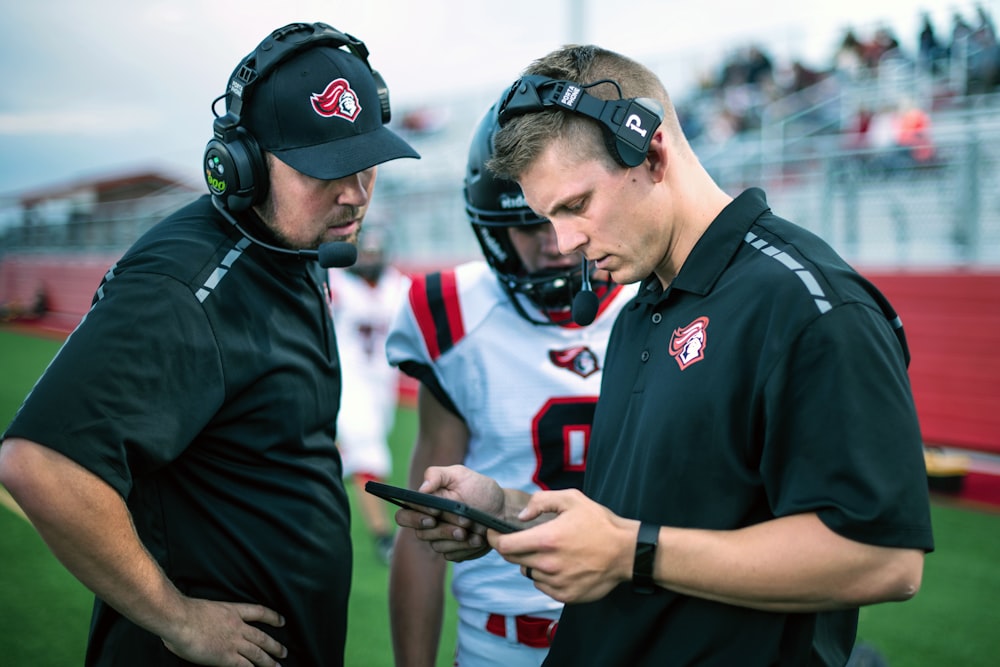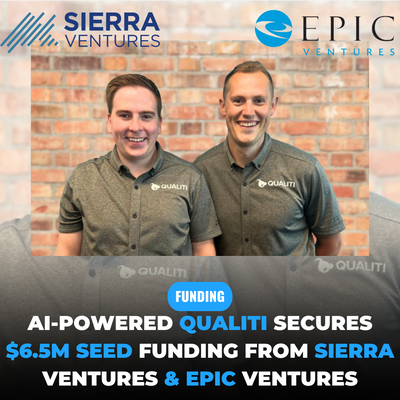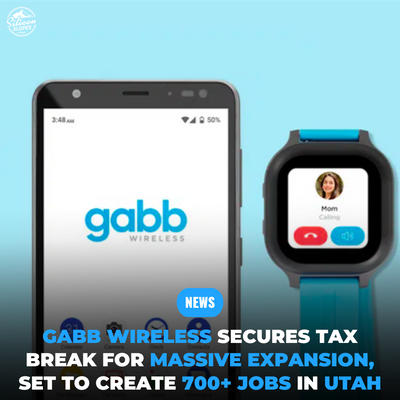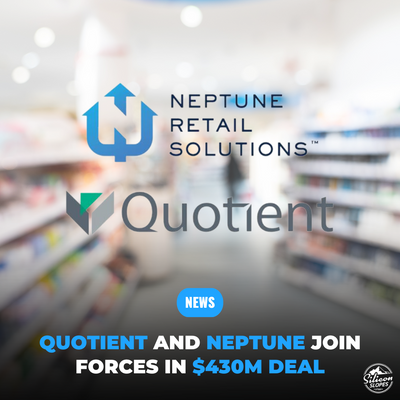After five-plus years of being in business, Lehi, Utah-based Clozd is in stealth mode no more after closing a $52 million round of Series A funding with plans to rapidly expand and help sales teams everywhere understand why they’re winning—and losing—deals.
In athletic departments across the United States and around the world, from the smallest charter schools to the most prestigious professional sports franchises, tech-empowered rituals occur after every game, match, and contest that few get to experience yet fewer still understand.
Those rituals? The half-by-half, period-by-period, play-by-play, and in some cases, the literal second-by-second dissection and analysis of why a team won or lost a particular outing.
In baseball, it involves everything from pitch count to ball placement and from base-running to player location on defense, and more.
Similarly, in American football, coaches and staff members study defensive alignments and play selection tendencies at different times during games versus field position, as well as weather conditions and time and distance, and even such esoteric specifics as when and how a cornerback will turn his hips when defending a receiver.
Such win/loss analysis is not only commonplace in athletic circles today, it is, in fact, shocking when such tools and processes are not de rigueur.
It was this observation that led two former co-workers to wonder why similar consideration wasn’t being applied to understand win/loss outcomes in high-ticket sales efforts throughout the U.S. and around the globe.
That was the starting point that led to the April 2017 launch of Lehi, Utah-based Clozd, a developer of win-loss analysis technology for corporate sales teams, a firm looking to deliver “real-time, win-loss intelligence for business leaders who want to know the truth about why their company wins and loses deals.”
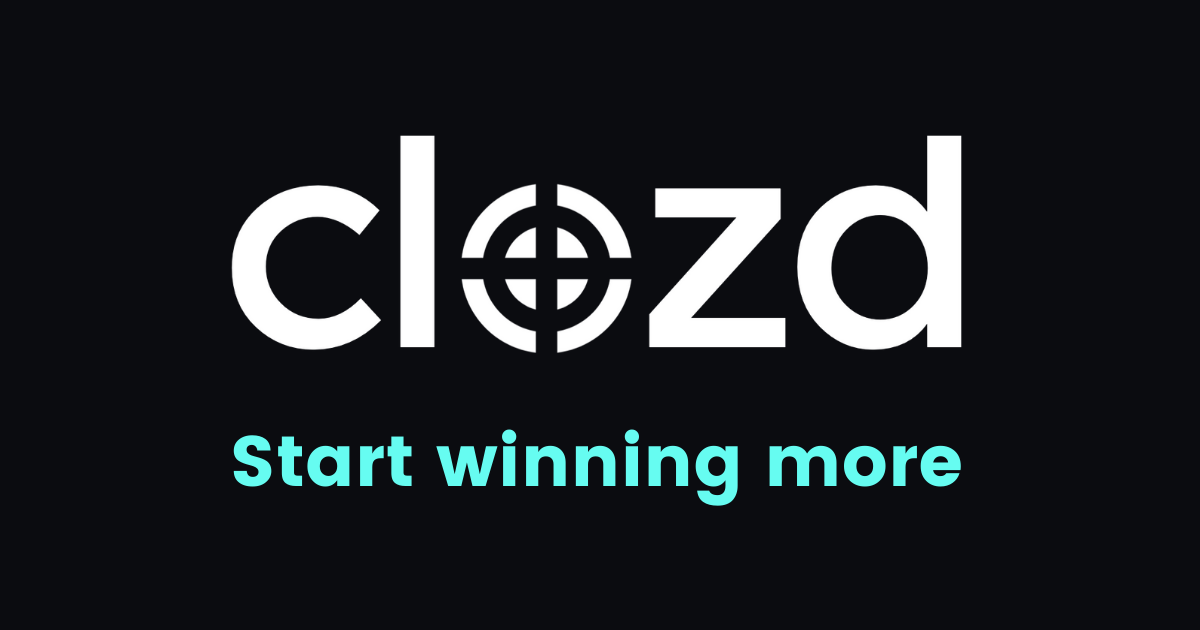
52 Million Reasons for the Death of Clozd’s Not-so-Stealthy, Stealth Mode
When I met with the two Co-Founders of Clozd recently, Clozd Co-CEO and Co-Founder Andrew Peterson used the example of sports teams turning to game film as a way of improving performance on the field, court, and/or pitch.
“No professional sports team would skip film study, right? (Yet) so many companies are lethargic and undisciplined about how they're going back and analyzing their wins and losses from a sales standpoint. That's what drove us to leave Qualtrics to start Clozd.”
Peterson’s partner-in-crime, and Clozd Co-CEO and Co-Founder Spencer Dent, shared a similar analogy for providing a perspective about the Clozd approach:
“If I go on ESPN and I'm trying to see why my team won or lost, there [are] so many analytics about the game and what happened in the game. What happens at companies, [however], is they win and lose deals and they just go to the next game. And most of the time … they don't actually systematically understand why they win and lose, and it makes it so that they actually can't figure out how to win more.”
What was fascinating about my conversation with the Clozd Co-Founders was realizing that what helped you win one sale may be the exact reason why you lost a sale to a different prospect.
Since its founding, Clozd has now landed engagements with over 150 enterprise software, product, and systems companies, including such household names as Adobe, ADP, Morningstar, Panasonic, T-Mobile, Tableau, Toshiba, Virgin Media, WebMD, and Zendesk, just to name a few.
It was this success, and the opportunity to aggressively push the company forward, that led Clozd to recently pursue and land a $52 million round of Series A funding, one of Utah’s largest funding rounds of 2022. {NOTE: The funding announcement can be viewed here.}
The round was led by Greycroft, with other investors including Madrona Venture Group and Lehi-based Album VC.
The upshot is that Clozd not only has a bankroll to now aggressively move forward, including from a product roadmap perspective, but it has also thrust itself out of its self-imposed stealth mode and into the spotlight.
The Clozd Approach to Win/Loss Analysis
Clozd starts where virtually any self-respecting sales team starts when it comes to win/loss analysis: that’s with the data captured by the salesperson during the sales process, including post-sale impressions as to why a sale was won or lost.
But it’s from this starting point that Clozd diverges.
“If you ask your sales rep why you won or lost the deal, they're going to always give an answer; they always have an explanation,” Peterson said. “But the fact is there's been research about this one.
“Studies show that 60% of the time sales reps were wrong or missing key information about why the deal was won or lost. Like 32% of the time they were just completely off base; 28% of the time they had a partial answer, but they were missing key information about the decision-making criteria for the customer.
“So you can't trust your sales team. Even if they're putting an answer to the CRM, you can't necessarily trust that. The only authoritative answer you can get is from the buyer who made the decision and who led the evaluation.”
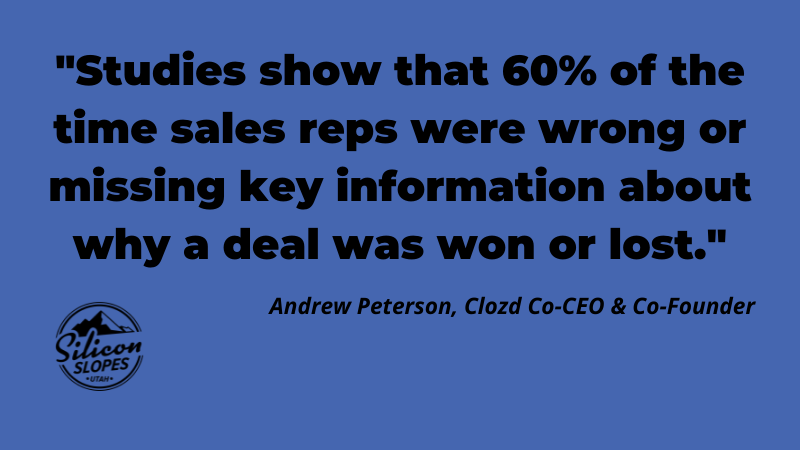
The divergence means there’s a real need to go to the decision-maker to learn what really happened, and that’s the difference.
Clozd, therefore, comes into the post-sales analysis as a neutral third party that interfaces directly with the buyer/buyers at the purchasing organization. And whether through
- Direct, one-on-one interaction; or
- Through a follow-on post-sales survey; or
- Both,
Clozd gains customer-gathered and customer-informed data that directly addresses the why and why not questions behind purchasing decisions.
Clozd video downloaded from YouTube 21 July 2022.
Naturally, every time a post-sale survey is populated and/or an after-sale analytical call is completed, the responses provide up-to-the-moment insights and perspectives that these salespeople and organizations did not have previously.
It also means that the need to rely upon guesswork drops to almost zero.
Over time, the questions Clozd asks become more and more refined, Peterson explained.
And the data provided by the Clozd platform is visually driven, making it easier for individuals and sales leaders to quickly drive decision-making on how to adapt and adopt.
Dent explained that because it implements both technology- and people-powered approaches to its win/loss analysis, Clozd has the ability to flex to meet the needs of its clients. “And the way you scale it is you use multiple tools,” he said.
In describing the journey Clozd experiences as it engages with new clients, Peterson explained it this way:
“It’s a thorough sales process. Our average deal size last year was $68,000. And a lot of our clients are just getting started with win/loss analysis. They realize the ROI; they realize the importance of having this ‘game film’ of why they're winning and losing. And it's easy to make the case that if these insights can help them win a few more deals, or if these insights can help them drive a certain percentage improvement to their win rate, this is going to pay for itself.”
Peterson also said they anticipate many clients growing to annual fees of hundreds of thousands of dollars.
Although Clozd is being used by companies of all types, the firm has been very deliberate in targeting its marketing and sales efforts toward business-to-business Software-as-a-Service and enterprise software companies.
This decision has been driven partly, Peterson explained, because these B2B SaaS and enterprise software companies tend to have good CRM hygiene, meaning they are avid and prolific users of customer relationship software tools to help manage and administer their sales efforts.
“That's just been a natural fit for us to go after those companies. And for now, our platform is directly integrated out-of-the-box with Salesforce, so it makes sense for us to pursue industry.”
That said, Clozd sees big opportunities in markets as diverse as financial services, healthcare, and professional/business services, among others.
And although the vast majority of its clients are currently headquartered in North America, most have international offices, so it’s not surprising that Clozd is supporting sales teams around the world.
From Good Questions to a Data-Powered Platform
As the Clozd team works with its clients to refine and improve the questions it asks on their behalf, it gains insights into question and survey formation down at the word and sentence structure level.
Such data gained for one client not only helps drive improvement for that organization, but often across all Clozd clients.
As the amount of captured data grows, so too does the prospect for Clozd to eventually become a data-informed and data-driven organization, with its platform expected to transition into such areas as natural language processing, machine learning, artificial intelligence, and even predictive analytics.
“We needed to build up a dataset of these buyer conversations for us to be able to apply models to interpret and analyze,” Peterson said. “So we're reaching that inflection point where we've got a lot of historical data from our clients. We're making our first data scientist hire, and we're going to be pivoting with our product roadmap to focus more on driving the efficiency and the scale of what we do with this feedback as it's collected, because we've built really great mechanisms for collecting the feedback.”
Dent shared that from its launch through 2020 the company had been refining what the Clozd platform did and how it did it, always focused on the almost mythical MVP: minimally viable product offering.
But in 2020, he said, Clozd hired its first chief technology officer and rebuilt its product from the ground up.
Asking better and better questions has, by extension, provided better and better information for both Clozd and its clients, something the company plans on continuing for the foreseeable future.
The crazy implication behind such an approach is that the greater the datasets and the more refined the data becomes, the more specific the insights that can be gained and the more powerful outcomes that can be achieved,
- By region,
- By product/service offering,
- By benefit/feature focus, and yes,
- By individual salesperson, including
- Her/his specific sales methodology,
Even down to the language used in client communications.
Yeah, it’s super, super exciting, and scary, all at the same time.
Not surprisingly, as someone who has been selling things since I was 10-years-old, I am very, very intrigued to see how Clozd does in the months and years ahead.
UPDATE: To watch the full interview of Andrew Peterson and Spencer Dent, please click here to watch this episode of “Conversations” on SiliconSlopes.tv.
Thank you.

